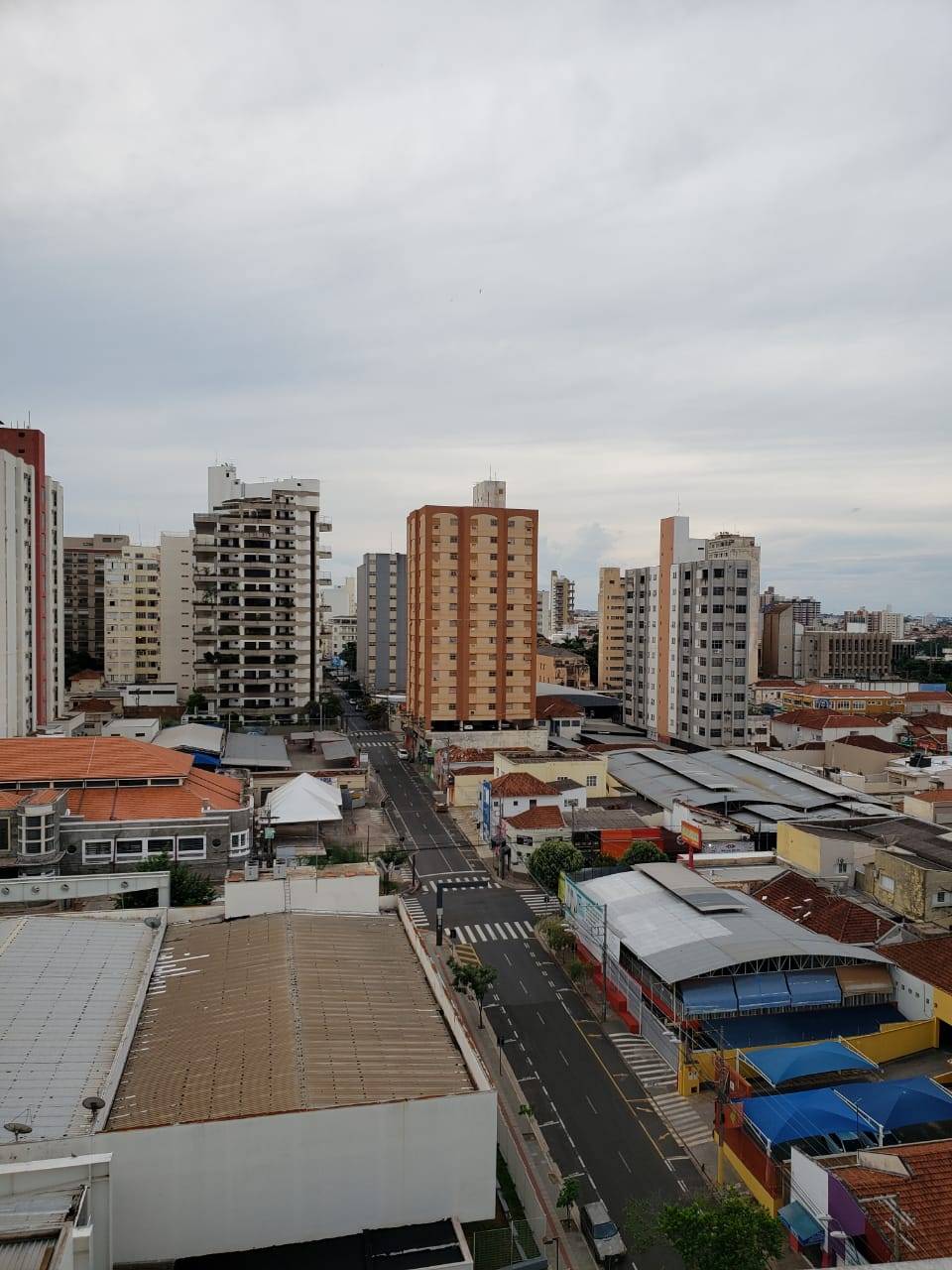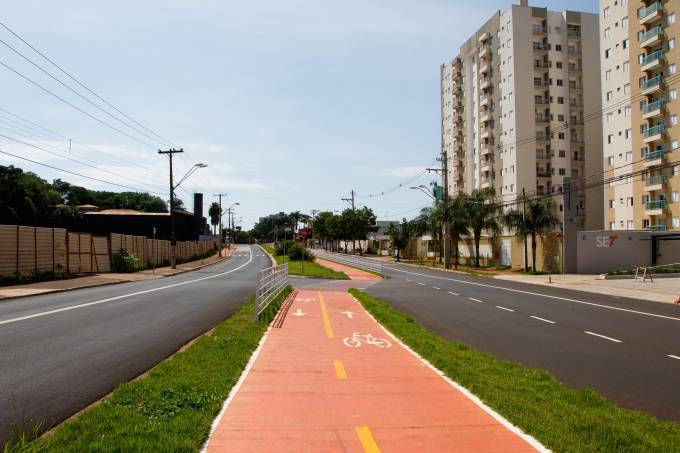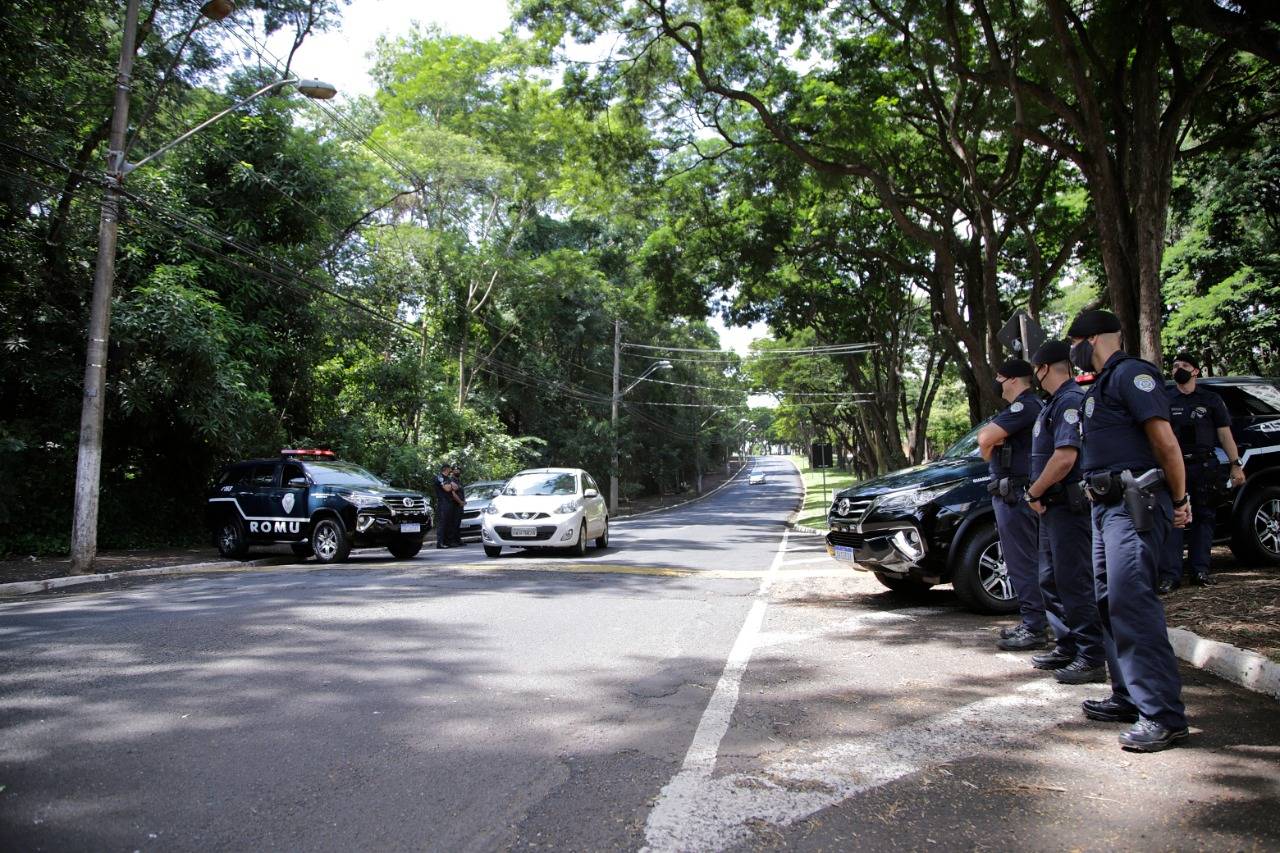RIO DE JANEIRO, BRAZIL – Two of the most important São Paulo municipalities dawned on Wednesday, March 17th, like cities in times of war.
No buses or cars on the streets, all stores closed, as well as industries. Construction sites also dawned empty. Ribeirão Preto (population 712,000) and São José do Rio Preto (465,000), joined the lockdown wave in an attempt to contain the rise in Covid-19 deaths and the collapse of the health system.

“It’s a horror movie. Transmission is faster and the cases are more severe. What can the mayor do constitutionally? Restrict. It is an extreme measure, but we had to embrace it. Vaccination is very slow,” said the mayor of São José do Rio Preto, Edinho Araújo.
Among the restrictions, even the purchase of fuel is being controlled – people can only fill up if they prove they work in the health system or in some essential activity in operation, such as energy and water services.
The city boasts the second largest hospital complex in the state, the Base Hospital, but this has not prevented the full occupancy of its 299 ICU beds. There were 15 deaths and 271 new patients registered on Wednesday alone, reaching totals of 51,764 cases and 1,254 deaths.
In Ribeirão Preto, Mayor Duarte Nogueira on Tuesday decreed a lockdown as of Wednesday. There was a frantic rush to supermarkets, to such an extent that the mayor extended opening hours from 8 PM to 10 PM before initiating the total closure. In both cities shopping in markets and food shops is restricted to online ordering delivery systems.
Although the streets in both cities’ downtown areas are relatively empty, the mayors are still unsure if residents have fully complied with these restrictions. In Ribeirão Preto, the mayor ordered traffic controls to be conducted on passing vehicles. However, residents who fail to comply with the stay-at-home rule will not be fined, only guided to leave the streets. The lockdown angered Bolsonarist residents, who held a protest yesterday morning outside the City Hall.

In Ribeirão Preto, the city has registered 16,000 Covid-19 cases this year alone, 416 of which resulted in death. In the whole month of February there were 139 deaths registered, and 123 in the first 17 days of March alone. The ICU public hospital bed occupancy stands at 96%.
As the two municipalities are regional hubs, neighboring cities have joined the restrictions imposed by the two mayors. The lockdown will be in effect for five days, with relaxation scheduled to be implemented on Monday, March 22nd. On this date, the two municipalities should relax some rules, mainly permitting public transportation.
This more restrictive lockdown phase is the closest in Brazil to what occurred in Europe last year. But the Europeans were even more stringent, and many countries introduced fines for citizens who left their homes unauthorized. In Spain, the fine was as high as EUR 600.
Origin of the term
A lockdown is the strictest measure that a region can impose in cases of extreme insecurity or health risks. Under this rule, residents are not to leave their homes except on valid grounds or in emergencies.
Lockdowns have been temporarily imposed by governments or regions in several countries, and workers have been supported by financial aid programs. In Brazil, the term has had its use expanded and applied, most of the time, to situations of partial restrictions on operation and circulation, as occurs in the country’s cities and states.
Social distancing measures – partial or total – are rejected by President Bolsonaro. Consequently, states and municipalities issued their own decrees, deciding on either a partial or total shutdown of their activities.
In the case of Ribeirão Preto and São José do Rio Preto, the following activities are not allowed: trade, in-person services such as banks, gyms and beauty salons, industry, construction, non-essential public services, schools and public transportation. People may only buy groceries online, through delivery. Restaurants may also operate on delivery, but only with 50% of their employees. The same restriction in the number of workers applies to markets, butchers, and bakeries.

Gas stations operate from 6 AM to 8 PM to supply health agents’ private vehicles that need to travel to work and public service cars, including police vehicles. These professionals are free to circulate, but if they rely on public transportation, they will need to use another service, such as Uber. In Ribeirão Preto, these professionals will be paid an allowance to cover these expenses.
On the streets, people may be approached by inspectors and must provide documentary proof of their motive for leaving home, such as an prescription for the purchase of medication, a certificate of attendance at a medical facility, a workers’ record booklet, or other means of confirmation that they require or are operating an essential service.
Source: Veja

